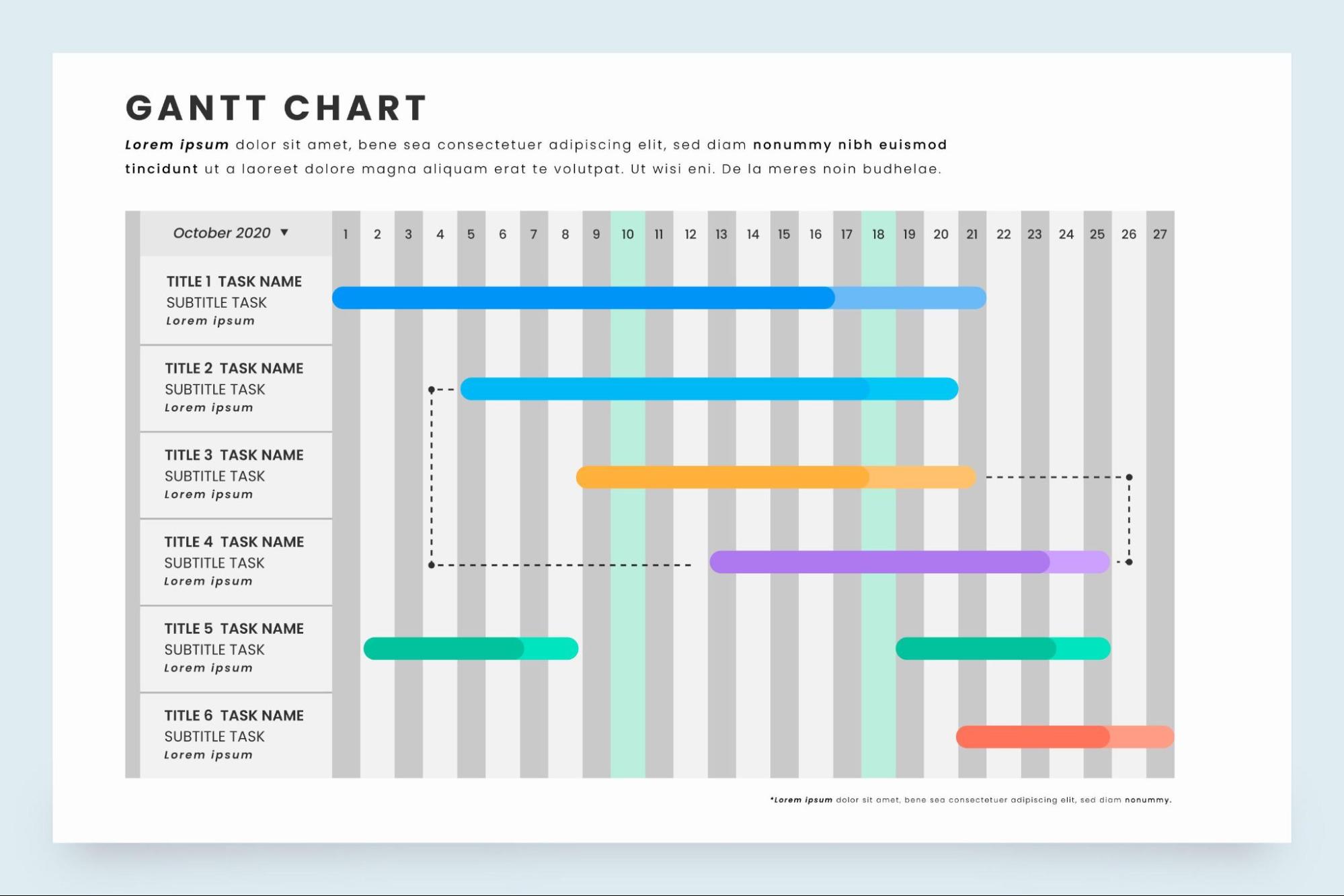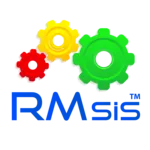In the dynamic landscape of modern business, where every moment counts, the significance of effective project management cannot be overstated. The company's backbone ensures projects stay on course, guarantees timely delivery, and expertly juggles the intricate interplay of resources, timelines, and desired outcomes.
As we delve into the heart of this article, let's begin with a compelling statistic: According to the Project Management Institute (PMI) study, organizations with strong project management practices waste 28 times less money than their counterparts with weak practices. This data, derived from PMI's extensive research, highlights the critical role that skilled project coordinators and cutting-edge planning tools play in simplifying and optimizing project management, particularly when managing project timelines and leveraging project management solutions.
Now, let's embark on a journey to understand why businesses today require the expertise of project coordinators, the features and benefits of project planning tools, and how these elements seamlessly come together to propel projects towards success.
Why Do Businesses Need Project Management Tools?

The answer lies in efficiency and organization. Project management tools are the digital glue that binds a project together, ensuring that each piece aligns seamlessly with the next. Here's why businesses can't afford to overlook these tools:
Streamlined Communication:
Effective communication is the heartbeat of any project. Project management tools provide a proper centralized platform for team members to collaborate, share updates, and resolve real-time issues. This streamlines communication, reducing delays caused by miscommunication or information gaps.
Task Management:
Keeping track of tasks, deadlines, and dependencies can be overwhelming without the right tools. Project management software allows teams to break the project into manageable tasks, assign responsibilities, and set deadlines. This level of organization prevents tasks from slipping through the cracks.
Resource Allocation:
Efficient resource allocation is crucial for project success. Project management tools help teams allocate resources judiciously, ensuring everyone has the tools, time, and support needed to excel in their roles.
Timelines and Milestones:
Timelines are the backbone of project planning. With project management tools, project coordinators can create detailed timelines with milestones. This visual representation lets everyone involved understand the project's progress and what needs to happen next.
Risk Mitigation:
Every project faces risks, but how those risks are managed makes the difference. Project management software allows for risk identification and mitigation strategies to be incorporated into the project plan. This proactive approach can save valuable time and resources down the road.
Features of Project Management Tools
Project management tools come in various shapes and sizes, each offering unique features. Here are some standard features to look for:
Task Lists:
Create, assign, and track tasks effortlessly. Task lists ensure that nothing is overlooked.
Gantt Charts:
Visualize project timelines, dependencies, and milestones using Gantt charts. This feature provides a clear overview of the project's progress.

File Sharing:
Share documents, images, and files within the platform, reducing the need for email and external storage.
Collaboration:
Encourage team collaboration through comments, discussions, and notifications.
Resource Management:
Allocate resources efficiently and monitor their utilization to prevent overloading or underutilization.
Reporting:
Generate detailed reports to analyze project performance, identify bottlenecks, and make data-driven decisions.
Project Manager Responsibilities
Project coordinators, often known as project managers, are pivotal in successful execution. Their responsibilities include:
-
Planning: Creating a project plan, including timelines, resource allocation, and risk assessment.
-
Team Leadership: Leading and motivating the project team, ensuring each member understands their roles and responsibilities.
-
Communication: Facilitating effective communication among team members, stakeholders, and clients.
-
Risk Management: Identifying potential risks, developing mitigation strategies, and taking corrective actions as necessary.
-
Quality Control: Ensuring that the project meets quality standards and client expectations.

In conclusion, efficient project management is crucial for business success, and project management tools are indispensable in achieving this. Project coordinators play a significant role in ensuring that projects run smoothly. Among the various tools available, RMsis is the best choice for project planning due to its efficiency, integration capabilities, customization options, traceability features, and reporting capabilities. With RMsis, businesses can streamline their project management processes and increase their chances of project success. Whether it's requirements management, software solutions, or expanding the capabilities of existing tools, Optimizory solutions empower organizations to navigate the project management landscape effectively and achieve their project goals.




